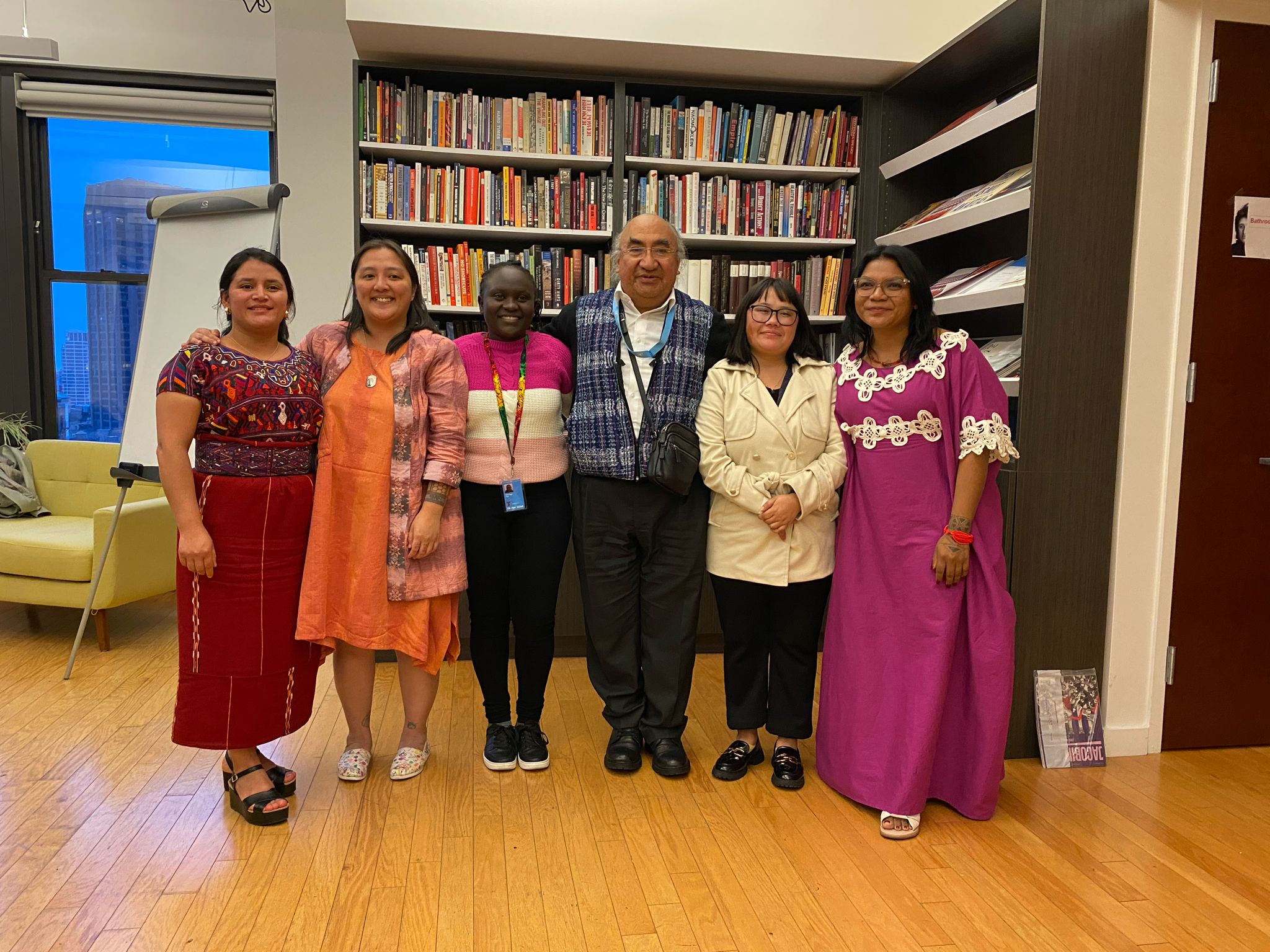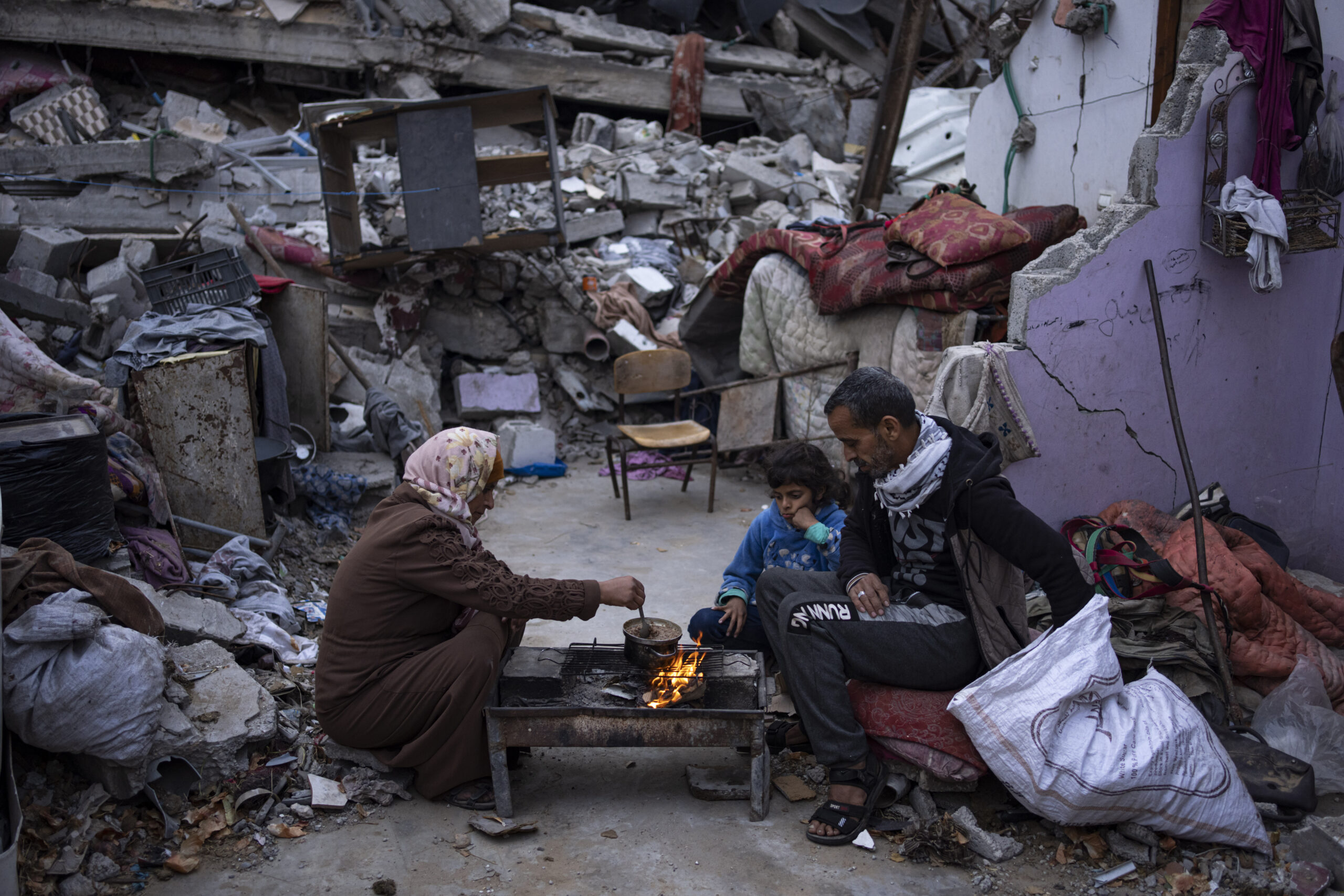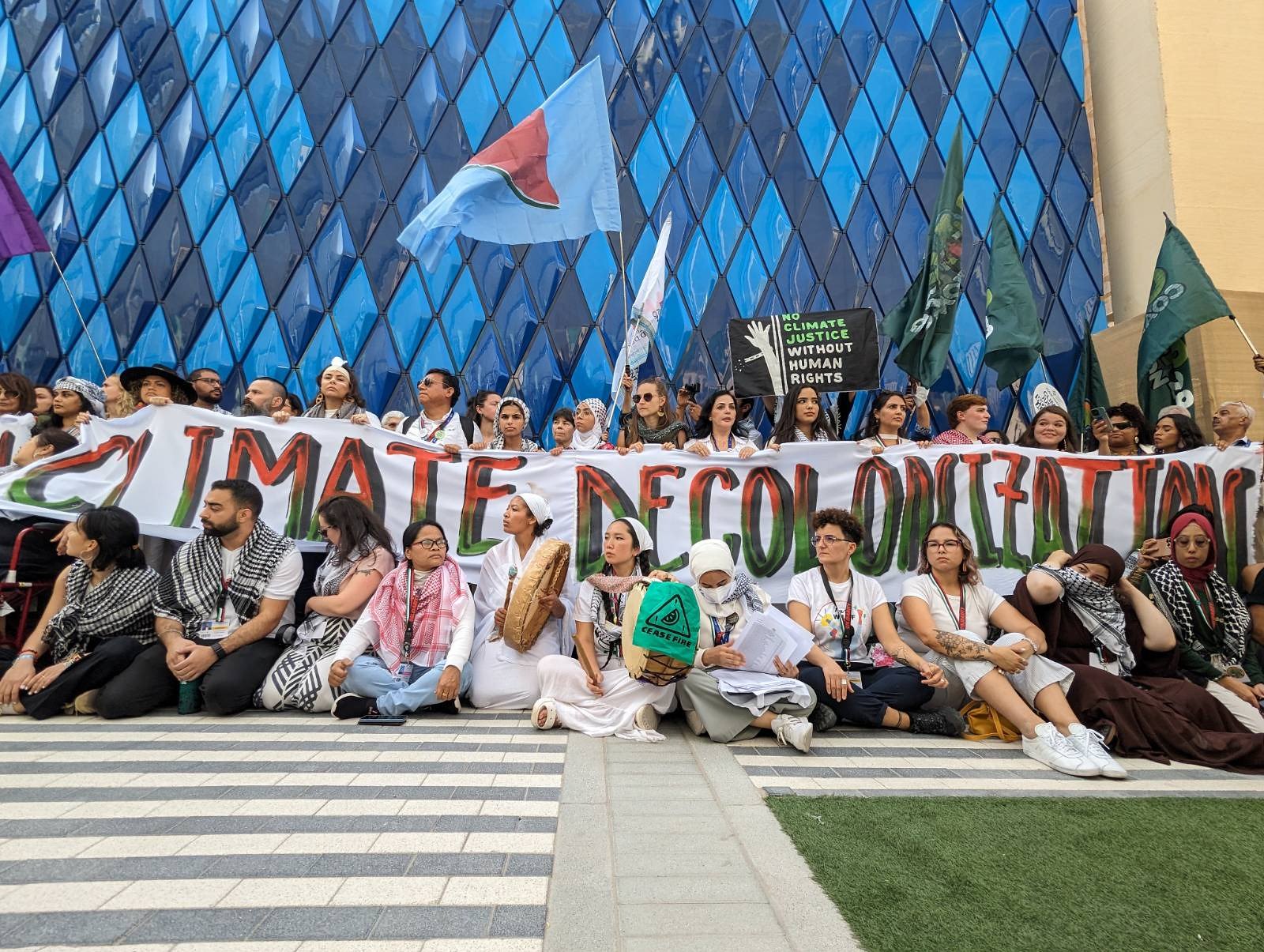Across the world, authoritarianism is on the rise, as a look at Donald Trump, Recep Erdoğan, Jair Bolsonaro, Viktor Orbán, and a host of other heads of government makes clear. In Latin America, coups are becoming commonplace again and finding international acceptance, just like in Egypt.
In multiple countries throughout the Arab world, brutal violence has been deployed to suppress the protest movements the emerged in response to the post-2008 crisis. However, heavy-handed state violence is also being used against protestors in countries such as France and the US. The effects of the crisis trickle down repressively to the most vulnerable, while the redistribution of wealth increasingly flows towards those at the top.
Nevertheless, workers continue to play a central role in struggles for democratization: from the new, class-conscious feminism to the mass protests that have erupted in countries such as Chile, Lebanon, and France. How have workers historically fought against fascism, dictatorships, authoritarian regimes, and repressive tendencies in society, and how are they doing so today? And how do they organize themselves within and outside of trade unions?
If Not Us, Who?, a new edited volume sponsored by the Rosa Luxemburg Foundation, features contributions from some 30 authors on the new class-conscious feminism and labour struggles during the COVID-19 pandemic, as well as stories from France, the US, Germany, Japan, Chile, Brazil, Colombia, Israel, Lebanon, Iraq, Iran, the Philippines, Russia, Argentina, Spain, Indonesia, South Korea, former East Germany, Tunisia, Egypt, and Bosnia-Herzegovina.
Contents
- Preface (Dario Azzellini)
- Democracy or Capitalism. On the Contradictory Societalization of Politics (Klaus Dörre)
- What Are We Fighting For? Women Workers’ Struggles (Paula Varela)
- The Pandemic and Class Struggle (Dario Azzellini)
Argentina
- Workers’ Resistance to Macrist Neoliberalism (Andrés Ruggeri and Elisa Gigliarelli)
Chile
- Anti-Neoliberal Revolt and General Strike 2019 (Domingo Pérez and Sebastián Osorio)
Colombia
- Unions Operating Under an Authoritarian Regime (Gearóid Ó Loingsigh)
Brazil
- Unions and the Struggle Against the Entrepreneurial-Military Dictatorship (1964–1985) (Henrique Tahan Novaes and Maurício Sardá de Faria)
- Confronting Conservatism and Authoritarianism in Contemporary Brazil. Union Resistance and Popular Struggles Against Bolsonaro’s Government (Flávia Braga Vieira)
US
- Unions Respond to the Rise of Trump’s Authoritarianism (Patrick Young)
South Africa
- “The Wheel is Turning”: Fighting Apartheid with Workers’ Democracy, 1950–1990 (Nicole Ulrich)
Tunisia
- The UGTT and Precarious Workers in the 2011 Uprising (Lorenzo Feltrin)
Egypt
- Workers and the Revolution (Anne Alexander)
Portugal and Its Former African Colonies
- The Last Empire. The Struggle for Independence in African Colonies and its Connection to the Portuguese Revolution (1974–1975) (João Carlos Louçã and Raquel Varela)
South Korea
- Workers in the 1980 Gwangju Uprising (Youngsu Won)
Japan
- Labour Union Resistance to Neoliberal Labour Market Deregulation (Hiroaki Richard Watanabe)
India
- Trade Union Mobilization Against the Modi Regime (Charvaak Pati)
Indonesia
- Unions and Workers Against the Suharto Regime (Verna Dinah Q. Viajar)
Philippines
- Long Live Kilusang Mayo Uno. Organized Labour in the Age of Imperialism (Sarah Raymundo)
Iran
- Impasse: Workers Versus Authoritarian Neoliberalism (Peyman Jafari)
Israel
- Trade Union Movement: Between Organizing and Silence (Jules El-Khatib)
Lebanon
- Labour Mobilization for the Consolidation of the October Revolution (Lea Bou Khater)
Iraq
- Burdens of the Past and Crises of the Present (Omar al-Jaffal)
Bosnia-Herzegovina
- Workers’ Organization at the Root of the 2014 Social Uprising (Anna Calori)
Russia
- Neo-Authoritarianism, Co-optation and Resistance. Workers and Alternative Unions (Sarah Hinz and Jeremy Morris)
Spain
- Rebuilding Trade Unionism During the Transition to Democracy (Victor Peña González, Eva Bermúdez-Figueroa, and Beltrán Roca)
United Kingdom
- Coal Not Dole! The Great Strike Against Thatcher (Peter North)
France
- No End to the Resistance. Social Movements and Emmanuel Macron (Sebastian Chwala)
German Democratic Republic
- Between the Times: A Brief Moment of Self-Empowerment – Workers in 1989 and 1990 (Renate Hürtgen)
Federal Republic of Germany
- From Symbolism to Practice. German Unions Need to Support Anti-Racism in the Fight Against the Dangers of the Right (Romin Khan)
Dario Azzellini is Professor of Development Studies at the Universidad Autónoma de Zacatecas in Mexico and a visiting scholar at Cornell University in the US. Recent publications include Vom Protest zum sozialen Prozess: Betriebsbesetzungen und Arbeiten in Selbstverwaltung (VSA, 2018) and The Class Strikes Back: Self-Organised Workers’ Struggles in the Twenty-First Century (Haymarket 2019). Further information can be found at www.azzellini.net.
Dario Azzellini (ed.)
If Not Us, Who? Global workers against authoritarianism, fascism, and dictatorships
224 pages | July 2021 | ISBN 978-3-96488-088-8 | 16.80€
A publication by the Rosa-Luxemburg-Stiftung, Geneva Office
This work is licensed under a Creative Commons Attribution–NonCommercial–NoDerivs 3.0 Germany License. You can view a copy of the license here. You may reproduce, distribute, and make the work publicly available for non-commercial purposes provided you display the name of the author, book, and publisher, do not edit or otherwise modify the content, and that you include this notice in full. All other rights that do not fall under this Creative Commons license or copyright are reserved.
The print version of the book is available from VSA: Verlag.



